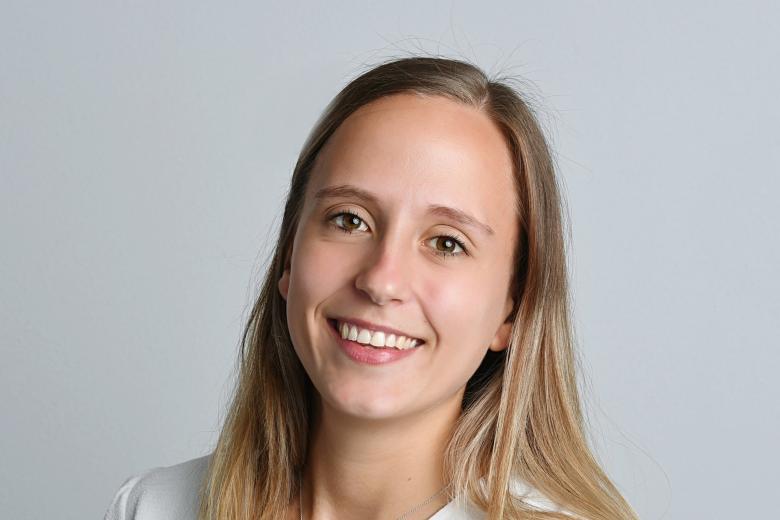Kiran Klaus Patel wins prestigious Bentley Book Prize
Kiran Klaus Patel’s The New Deal: A Global History (Princeton: Princeton University Press, 2016) has won the Bentley Book Prize 2017. Awarded by the World History Association, the Bentley Book Prize recognizes outstanding contributions to the field of world history.
The New Deal: A Global History provides a radically new interpretation of a pivotal period in US history. The first comprehensive study of the New Deal in a global context, the book compares American responses to the international crisis of capitalism and democracy during the 1930s to responses by other countries around the globe—not just in Europe but also in Latin America, Asia, and other parts of the world. Work creation, agricultural intervention, state planning, immigration policy, the role of mass media, forms of political leadership, and new ways of ruling America's colonies—all had parallels elsewhere and unfolded against a backdrop of intense global debates.
By avoiding the distortions of American exceptionalism, Kiran Klaus Patel shows how America's reaction to the Great Depression connected it to the wider world. Among much else, the book explains why the New Deal had enormous repercussions on China; why Franklin D. Roosevelt studied the welfare schemes of Nazi Germany; and why the New Dealers were fascinated by cooperatives in Sweden—but ignored similar schemes in Japan.
Ultimately, Patel argues, the New Deal provided the institutional scaffolding for the construction of American global hegemony in the postwar era, making this history essential for understanding both the New Deal and America's rise to global leadership.
Kiran Klaus Patel is the Jean Monnet Professor of European and Global History at Maastricht University in the Netherlands. His books include Soldiers of Labor: Labor Service in Nazi Germany and New Deal America, 1933–1945, and he has edited a number of volumes, including The United States and Germany during the Twentieth Century.
For an interview with Professor Patel in the Gary Null show click here.
Also read
-
Why some people hesitate to vaccinate and how healthcare can address this
Doubts about vaccination continue to be a significant challenge for global public health. The World Health Organisation (WHO) has listed vaccine hesitancy as one of the top ten threats to global health.
But what exactly is vaccine hesitancy and how does it impact our society? How can we address it...

-
New technique measures live activity of gut bacteria
Professor Ellen Blaak, PhD Gilian Larik and research team are tracking in MRUM fermentation chambers, how gut bacteria respond to food.

-
GROW research: all-in-one test for genetic defects in embryos🧪
Researchers at Maastricht UMC+ and GROW have developed a technique that can analyse the entire genome in a single test, allowing for faster determination of embryos suitable for successful pregnancy.
